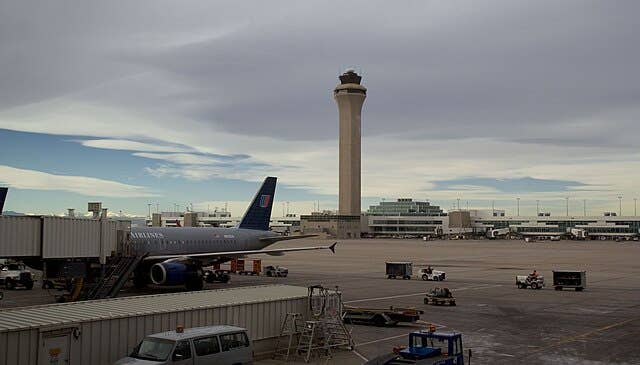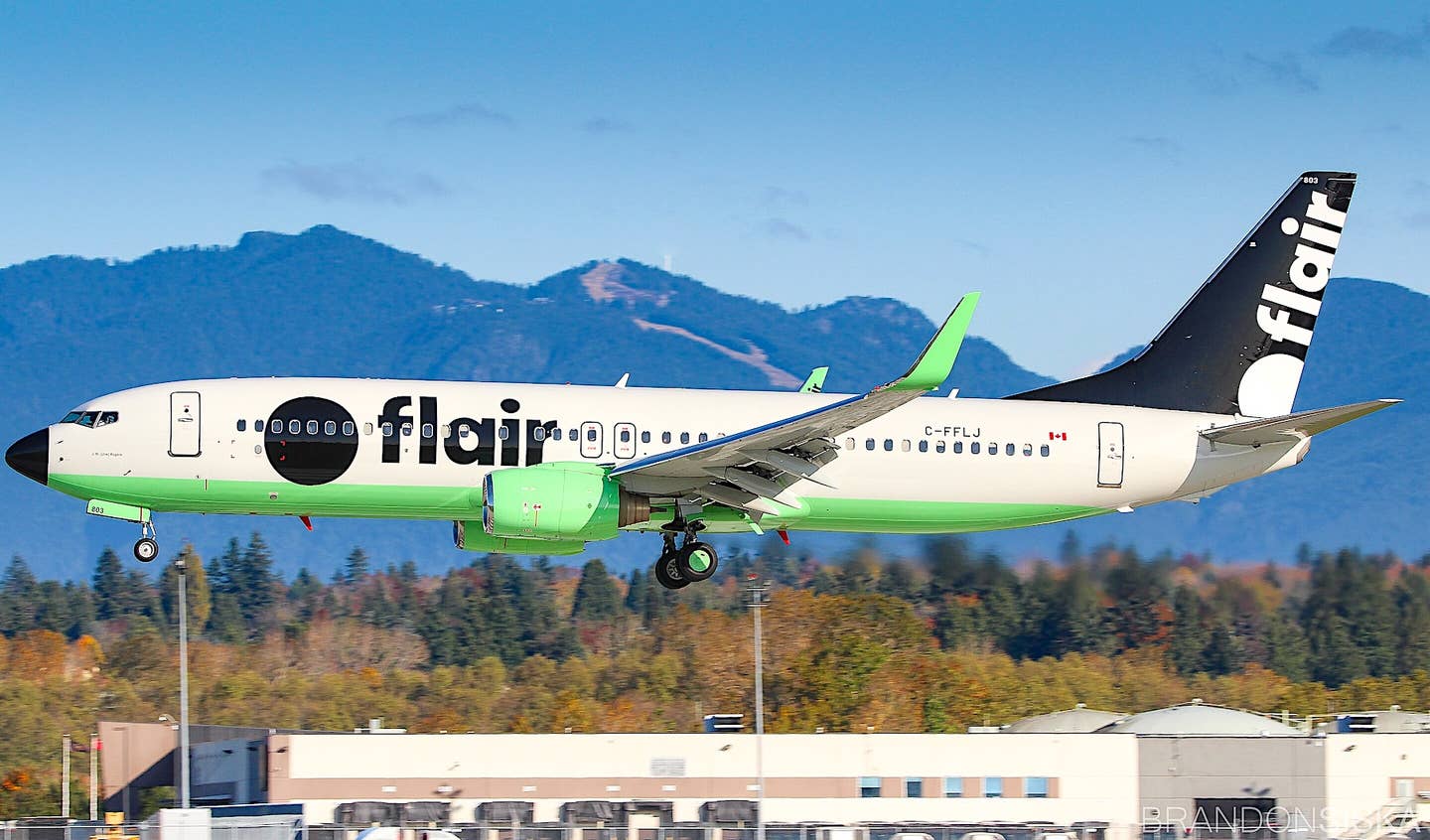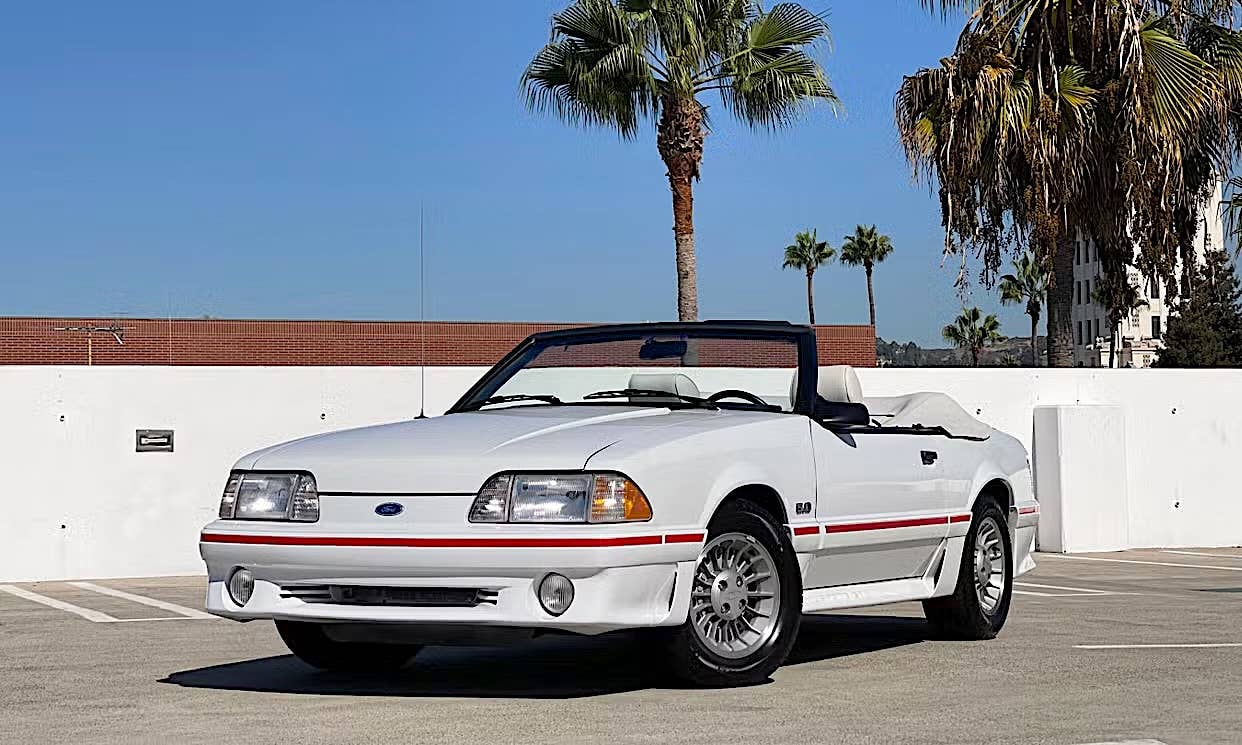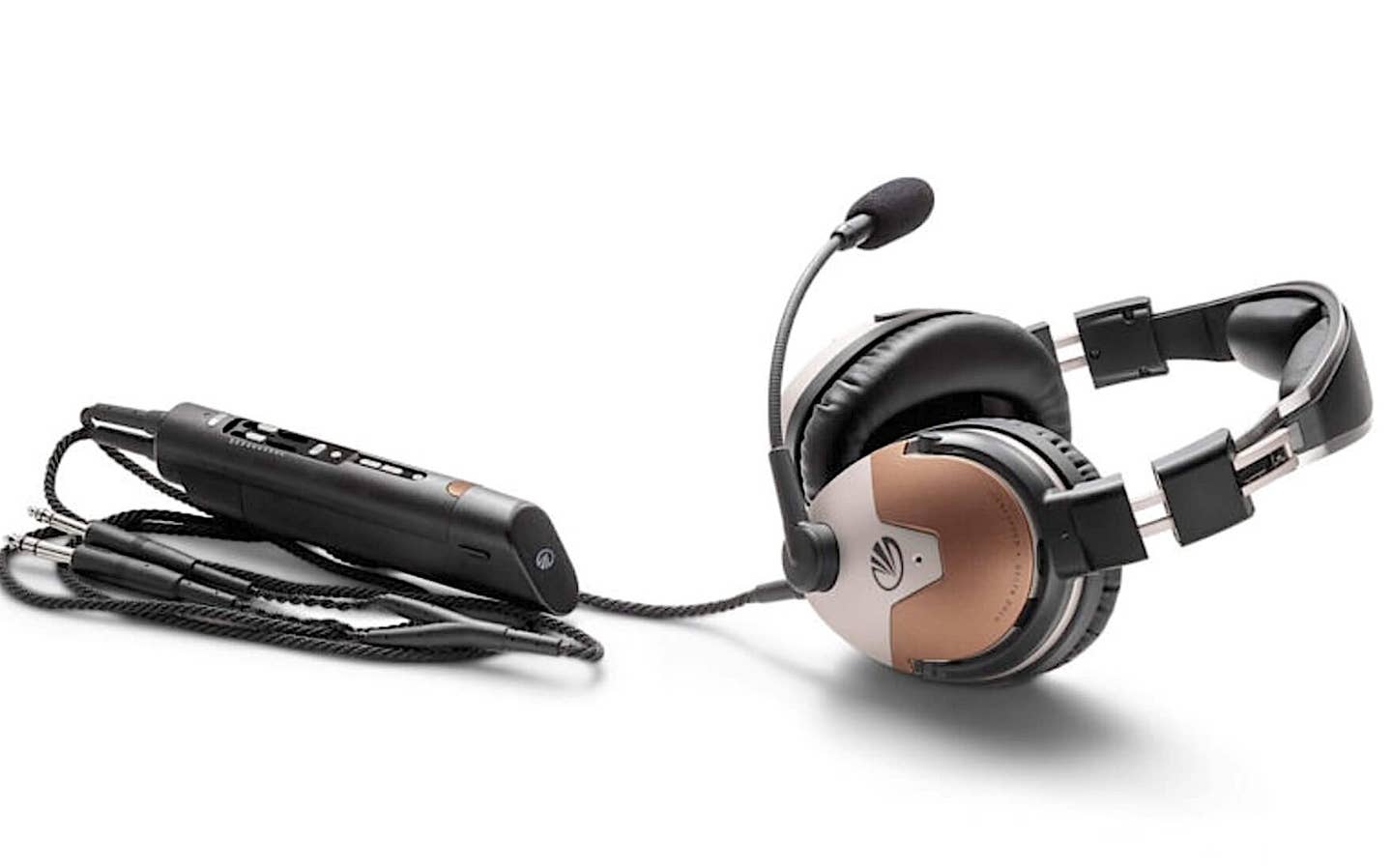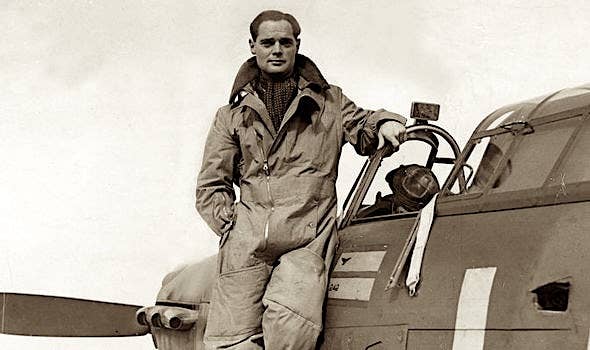Citing Valve Damage, UND Drops Unleaded Fuel And Returns To 100LL (Updated)
After an extensive trial, the University of North Dakota’s flight school has dropped Swift UL94 fuel and resumed use of 100LL. The school said ongoing maintenance monitoring of aircraft using…
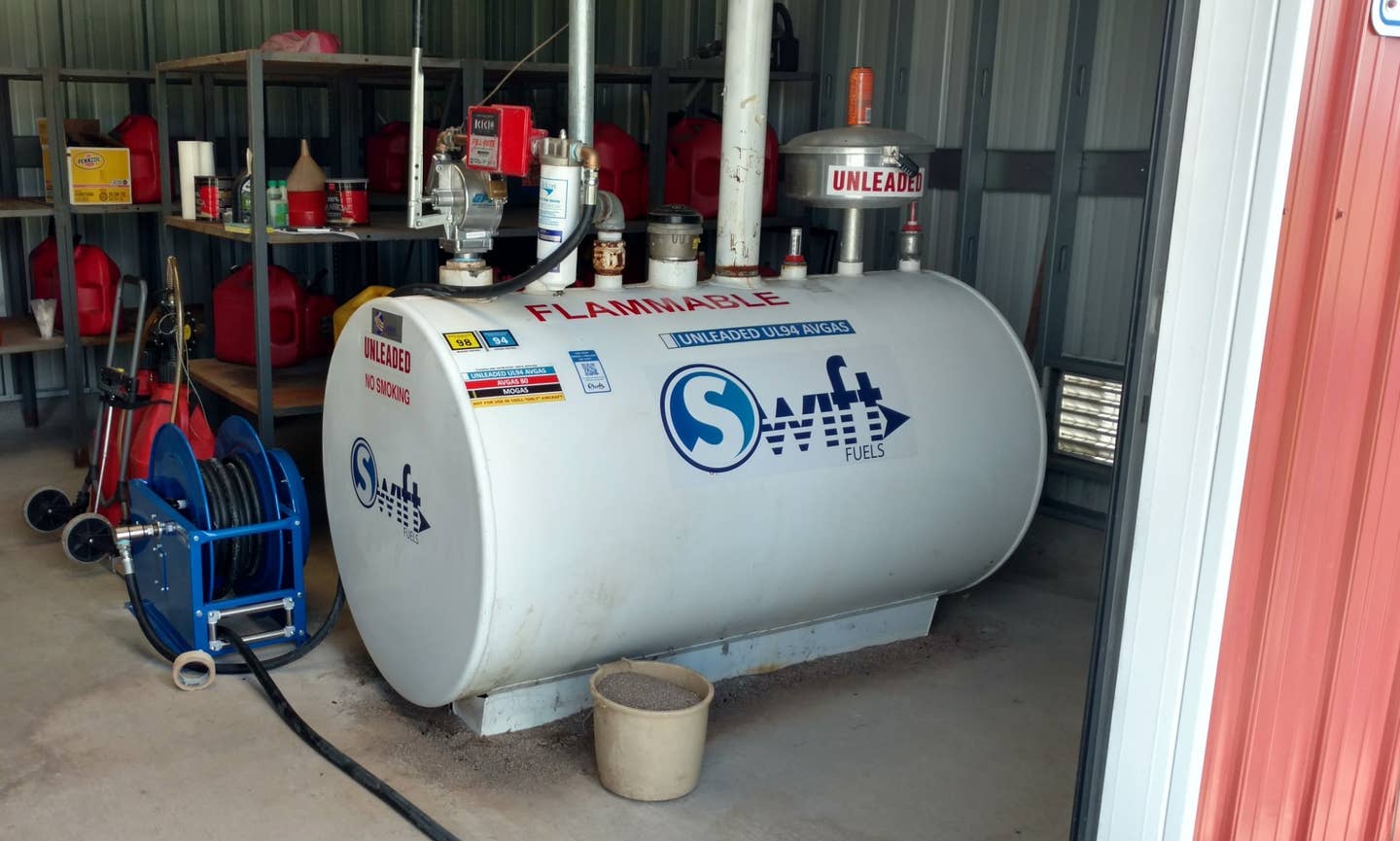
Swift Fuels
After an extensive trial, the University of North Dakota’s flight school has dropped Swift UL94 fuel and resumed use of 100LL. The school said ongoing maintenance monitoring of aircraft using UL94—almost exclusively Lycoming-powered Piper Archers and Seminoles—resulted in measurable exhaust valve recession. The school made the switch back to 100LL on Oct. 27.
Partly because students were interested in a less-polluting fuel, the school switched to Swift Fuel’s ASTM-spec UL94 in late June. In four months of flying totaling 46,000 hours, the school found evidence of significant valve recession in some of the Archers. The school’s director of maintenance, Dan Kasowski, told AVweb Wednesday (Nov. 8) that the total number of aircraft impacted isn’t known yet because the data is still being collected. The data is being forwarded to Lycoming for analysis. “The fuel is on-spec, so that’s not a problem. I don’t want to speculate on what it could be. We’re waiting for Lycoming to tell us,” Kasowski said.
Valve seat recession was a known problem when unleaded fuels were introduced in the automotive market starting in the 1970s. As explained in this AVweb video, the precise mechanism is debatable, but hardened valve seats and cylinder heads tamped down recession damage. Lycoming addressed this issue in its cylinders during the 1990s and was believed to have valve seats and guides suited for unleaded fuels. Lycoming said it was “proactively evaluating” the data received from UND and would provide appropriate guidance based on its analysis. As of today’s deadline, Swift’s Chris D’Acosta confirmed that Lycoming is looking at materials, pilot operating methods, flight telemetry and additional data to understand the findings at UND. “The comment attributed to equivalent spark plug fouling and replacement vs. 100LL is generally not consistent with our own experience with UL94. This may be an indication of different operating methods at UND than elsewhere,” D’Acosta said.
UND’s Jeremy Roesler said when the school made the switch in June, it did so only after setting up a maintenance monitoring program to track potential issues with UL94. “We are overcautious,” he said. “When we started finding these issues, we needed to ask ourselves how bad does it have to get before we switch back to 100LL?” he said. With intense daily flight operations, aircraft down for maintenance were a worry for UND. “We’re big on how it affects our students. It is causing some delays. So it’s not in our best interest to accelerate back to UL94,” he added.
To monitor for cylinder wear, the school conducted regular compression checks on its fleet of Archers and also did the so-called "dry tappet" check. This involves removing and cleaning the tappets and reinstalling them with the pushrods in place. The clearance between the rocker arm and the valve stem is then checked. If the valve seat is recessing, this clearance will progressively diminish as the valve recedes farther into the cylinder head. Kasowski said the Lycoming specified minimum clearance is 0.028 inch and some of the cylinders exceeded this limit. If the recession is deep enough, the valve won’t close against the seat and power loss or burned valves can result. Recession was measured only on exhaust valves, not intake valves.
In addition to data sent to Lycoming, UND is also sending both cylinders and engines for further analysis. Kasowski said after 46,000 flight hours, the school had about the same replacement rate for spark plugs as on 100LL, nor was spark plug fouling noticeably reduced.
Another operator we’ve been monitoring for more than two years is Rabbit Aviation Services in San Carlos, California. The company oversees maintenance and fueling of a pair of flying clubs totaling nearly 10,000 hours of flight per year. Rabbit CEO Dan DeMeo said experience with UL94 has been universally positive with less spark plug fouling and cleaner oil. Rabbit has been offering UL94 for two and a half years.
We’ll update the story as more information becomes available.

